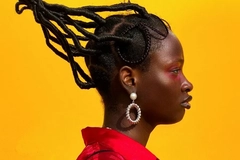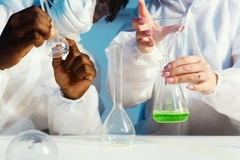Kering sells beauty unit to L’Oréal for €4 billion
Key takeaways
- Kering has agreed to sell its beauty arm to L’Oréal for €4 billion.
- L’Oréal gains fragrance brand Creed and 50-year beauty licenses for Gucci, Bottega Veneta, and Balenciaga.
- The deal includes a joint wellness venture and is set to close in early 2026.
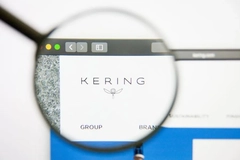
Kering has agreed to sell its beauty division to L’Oréal for €4 billion (US$4.66 billion). The move aligns with Kering’s focus to reduce its mounting debt and refocus on its core fashion houses.
Alongside the sale, the major beauty companies announced a long-term partnership in luxury beauty and wellness.
The cash acquisition gives L’Oréal 50-year exclusive licenses to develop and distribute fragrance and beauty lines for Gucci, Bottega Veneta, and Balenciaga once the existing contracts expire.
The sale marks a U-turn for Kering, which established its in-house beauty division two years ago and bought high-end fragrance company House of Creed for €3.5 billion (US$4.1 billion) to diversify beyond fashion. L’Oréal will also acquire Creed as part of the deal.

However, declining first-quarter fashion sales this year at Gucci and Saint Laurent, coupled with a net debt of €9.5 billion (US$11.1 billion) as of June 2025, prompted Kering to revise and stabilize its balance sheet.
The acquisition marks L’Oréal’s largest to date, surpassing the 2023 purchase of Aesop for US$2.5 billion.
The transaction is expected to close in the first half of 2026, pending regulatory approvals.
The two companies will also enter a 50/50 joint venture in wellness and longevity, with a strategic committee overseeing collaboration between the two brand portfolios.
Strategic reset
Kering’s overall financial performance remained under pressure in the first half of 2025. Its revenue fell 16% as reported and 15% on a comparable basis. The company’s recurring operating income fell 50% to €969 million (US$1.1 billion).
Much of this weakness stemmed from its core fashion houses, particularly Gucci and Saint Laurent, which faced slower sales in China and the US.
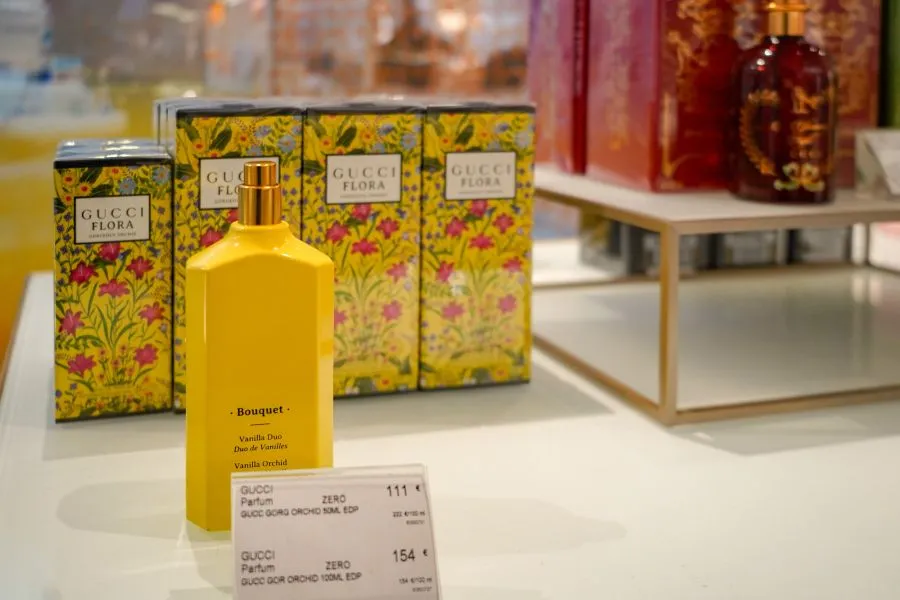 L’Oréal CEO calls Gucci, Bottega Veneta, and Balenciaga exceptional couture brands with enormous potential for growth. Kering Beauté, however, was one of the few bright spots. The unit grew 9% in H1 2025, reaching €150 million (US$171 million) in sales, driven primarily by Creed’s performance. The company attributed its growth to women’s fragrances and described beauty as a “strategic investment area” with significant long-term potential.
L’Oréal CEO calls Gucci, Bottega Veneta, and Balenciaga exceptional couture brands with enormous potential for growth. Kering Beauté, however, was one of the few bright spots. The unit grew 9% in H1 2025, reaching €150 million (US$171 million) in sales, driven primarily by Creed’s performance. The company attributed its growth to women’s fragrances and described beauty as a “strategic investment area” with significant long-term potential.
Despite these positive August outlooks, the beauty division’s growth was not enough to offset broader group weakness. The L’Oréal sale now shifts Kering’s in-house beauty ambitions back to a licensing model, which had historically proven profitable through earlier partnerships such as Yves Saint Laurent Beauté.
Luca de Meo, CEO of Kering, calls the partnership “a decisive step” toward unlocking the long-term potential of the company’s luxury brands through collaboration rather than full ownership.
“Joining forces with the global leader in beauty, we will accelerate the development of fragrance and cosmetics for our major houses, allowing them to achieve scale in this category and unlock their immense long-term potential, as did Yves Saint Laurent Beauté under L’Oréal’s stewardship,” he says.
Market analysts frame the sale as a realistic, if painful, step. Private wealth management firm Bernstein told Reuters: “Selling Kering Beauté at around the same price paid for Creed two years ago is bitter but necessary medicine.”
Meanwhile, RBC Capital Markets adds that returning to a licensing model is “less capital intensive, less operationally geared, and arguably higher margin.” This model allows Kering to focus on fashion, jewelry, and selective retail investments while easing its debt burden.
De Meo’s broader turnaround plan includes postponing its full acquisition of Valentino and selling off real estate stakes to raise liquidity.
“Together, we will also venture into new frontiers of wellness, combining the unrivalled expertise of L’Oréal with our unique luxury reach. This partnership allows us to focus on what defines us best: the creative power and desirability of our Houses,” says de Meo.
Looking for luxury
For L’Oréal, the acquisition builds on strong 2025 performance. Its sales reached US$11.73 billion in Q1, up 4.4% year-on-year, with the Luxe division leading growth at 7.3%.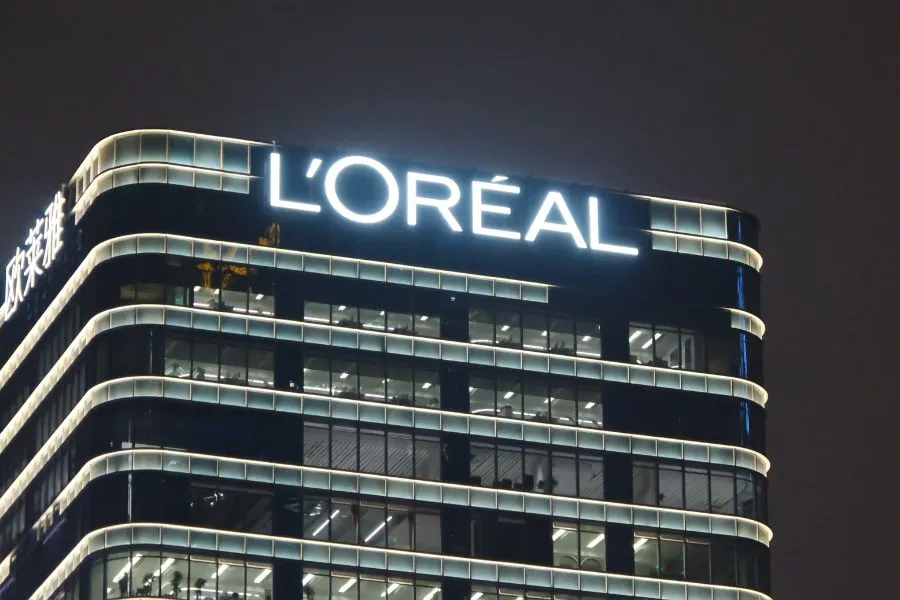 Kering has agreed to sell its beauty arm to L’Oréal for €4 billion.
Kering has agreed to sell its beauty arm to L’Oréal for €4 billion.
“This partnership will further solidify our position as the world’s number-one luxury beauty company and allow us to explore new avenues in wellness together. The addition of these extraordinary brands perfectly complements our existing portfolio and significantly expands our reach into new, dynamic segments of luxury beauty,” Nicolas Hieronimus, CEO of L’Oréal, says.
“Through Creed, we will establish ourselves as one of the leading players in the fast-growing niche fragrance market. Gucci, Bottega Veneta, and Balenciaga are all exceptional couture brands with enormous potential for growth.”
The Gucci license, currently held by Coty, will transfer to L’Oréal once it expires in 2028. Bottega Veneta and Balenciaga licenses will begin immediately after the deal closes in 2026.
“L’Oréal enjoys strong momentum in the Luxe division, and they must be looking forward to getting hold of the perfume and beauty licences associated with Kering’s prestigious yet relatively underdeveloped brands. It’s also possible they are taking advantage of a favorable bargaining position,” Bruno-Roland Bernard, consultant and adjunct professor for corporate finance and luxury management at Institut Français de la Mode, told Reuters.

